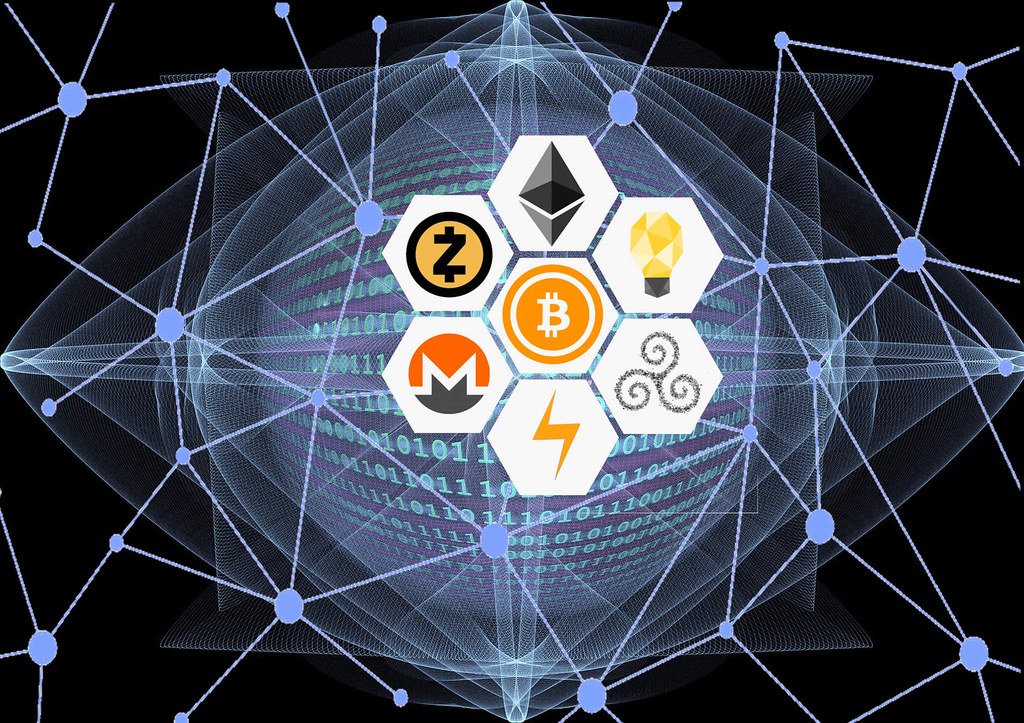As we stand at the dawn of a new technological era, an inspiring wave of innovation is transforming nearly every aspect of the way we live, work, and interact with the world around us. From healthcare and transportation to communication and everyday conveniences, these emerging technologies not only promise to make our lives easier but to redefine our very existence. Join us on a journey through the astounding landscape of the future, as we explore 15 groundbreaking technologies that are revolutionizing the way we live.
1. Artificial Intelligence and Machine Learning

Artificial Intelligence (AI) and Machine Learning (ML) are arguably the most significant technological advancements of our time. These technologies enable machines to simulate human intelligence and learn from data inputs, revolutionizing industries from healthcare, where AI analyzes patient data for precise diagnostics, to finance, where it aids in predictive analysis. The potential applications are limitless as AI and ML continue to evolve, making our interactions more intuitive and our systems more efficient.
2. Internet of Things (IoT)

The Internet of Things is a burgeoning network of physical devices embedded with sensors and software, enabling them to connect and exchange data. This innovation is transforming homes into smart homes, cities into smart cities, and revolutionizing whole sectors by providing real-time data analytics that drive efficiency and improve quality of life.
3. Blockchain Technology

Originally devised for cryptocurrencies like Bitcoin, blockchain technology is now hailed for its potential beyond digital currency. This decentralized, transparent ledger system ensures secure and immutable record-keeping, being embraced for applications in supply chain management, secure transactions, and even in voting systems for tamper-proof elections.
4. 5G Connectivity

The rollout of 5G networks is unlocking unprecedented speeds and ultra-reliable low latency communications. This next generation of wireless technology will not only enhance mobile connectivity but will be a catalyst for other technologies like autonomous vehicles, IoT, and augmented reality, pushing us all further into the future of connected living.
5. Quantum Computing

Quantum computing leverages the principles of quantum mechanics to process information exponentially faster than traditional computers. This nascent technology promises to solve complex problems beyond the reach of classical computers, with profound implications for fields such as cryptography, medicine, and material science.
6. Autonomous Vehicles

Self-driving cars represent a seismic shift in transportation, with the potential to drastically reduce accidents caused by human error and revolutionize urban planning. While fully autonomous vehicles are still under testing, semi-autonomous features are becoming commonplace, making our roads safer and driving more convenient.
7. Augmented Reality (AR) and Virtual Reality (VR)

AR and VR are altering how we experience the world, blurring the line between reality and the digital realm. While VR immerses users in a completely virtual environment, AR overlays digital information onto the physical world. These technologies are being applied in gaming, education, healthcare, and beyond, offering new ways to interact with our environment and each other.
8. Biotechnology and CRISPR

Biotechnology, driven by innovations like CRISPR gene editing, is transforming healthcare by enabling precise genetic modifications. This revolutionary tool offers potential cures for genetic disorders and advancements in agriculture and biofuel, promising a healthier and more sustainable future.
9. Renewable Energy Technologies

As we confront the challenges of climate change, renewable energy technologies like solar, wind, and hydro are key to a sustainable future. Rapid advancements in these fields are making clean energy more efficient and affordable, paving the way for a greener world.
10. Cybersecurity Advances

As our reliance on digital platforms increases, the importance of cybersecurity cannot be overstated. Advances in cybersecurity technologies are crucial for protecting sensitive information from breaches, ensuring that digital expansion is safe and secure for businesses and individuals alike.
11. Robotics and Automation

From assembly lines to household chores, robotics and automation are enhancing productivity and reducing human labor in mundane tasks. As these technologies progress, robots are becoming more adaptive and intelligent, making them integral to various sectors, including healthcare, logistics, and manufacturing.
12. Wearable Technology

Wearables like smartwatches and fitness trackers are changing how we monitor our health and fitness, offering real-time insights and communal health benefits. As these devices become more sophisticated, they are beginning to predict health issues, encouraging proactive healthcare management.
13. 3D Printing

3D printing is revolutionizing manufacturing, allowing for the creation of complex objects from digital files. This technology is transforming industries from aerospace to medicine, where it is used to produce custom prosthetics and even human tissues, enabling rapid prototyping and affordable mass customization.
14. Digital Twins

A digital twin is a virtual model of a physical object or system, used to analyze data and monitor systems to head off problems before they occur. This technology is proving invaluable across various industries, from urban planning to manufacturing and healthcare, driving efficiency and innovation.
15. Edge Computing

Edge computing decentralizes data processing, bringing computation and data storage closer to the location where it is needed. This technology reduces latency and bandwidth use, enhancing real-time data processing in applications such as autonomous vehicles and remote healthcare monitoring.
Conclusion

The vista of emerging technologies unfurls an awe-inspiring glimpse into the future. From AI and IoT to quantum computing and biotechnology, these innovations hold the promise to elevate our quality of life and reshape industries. As we continue to harness these advancements, ethical considerations and strategic implementation will be key in ensuring they fulfill their potential for societal benefit. The future is bright, and these technologies are the torches lighting the way.




